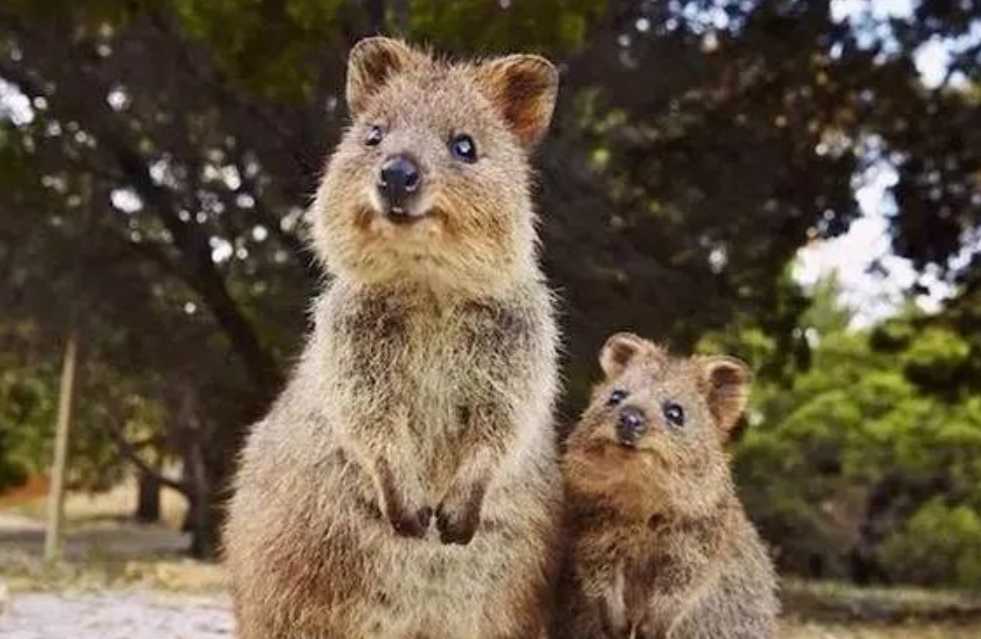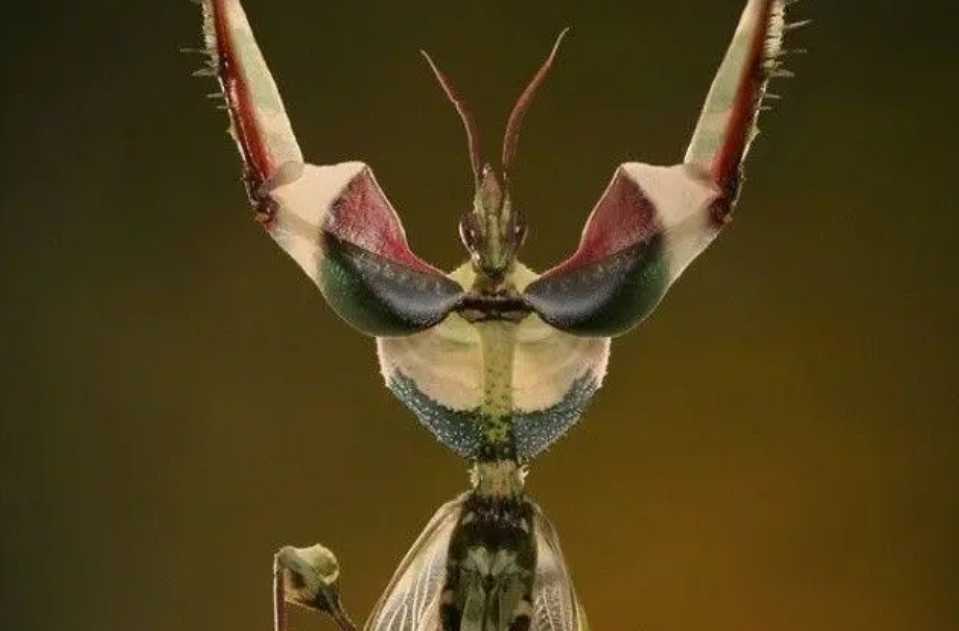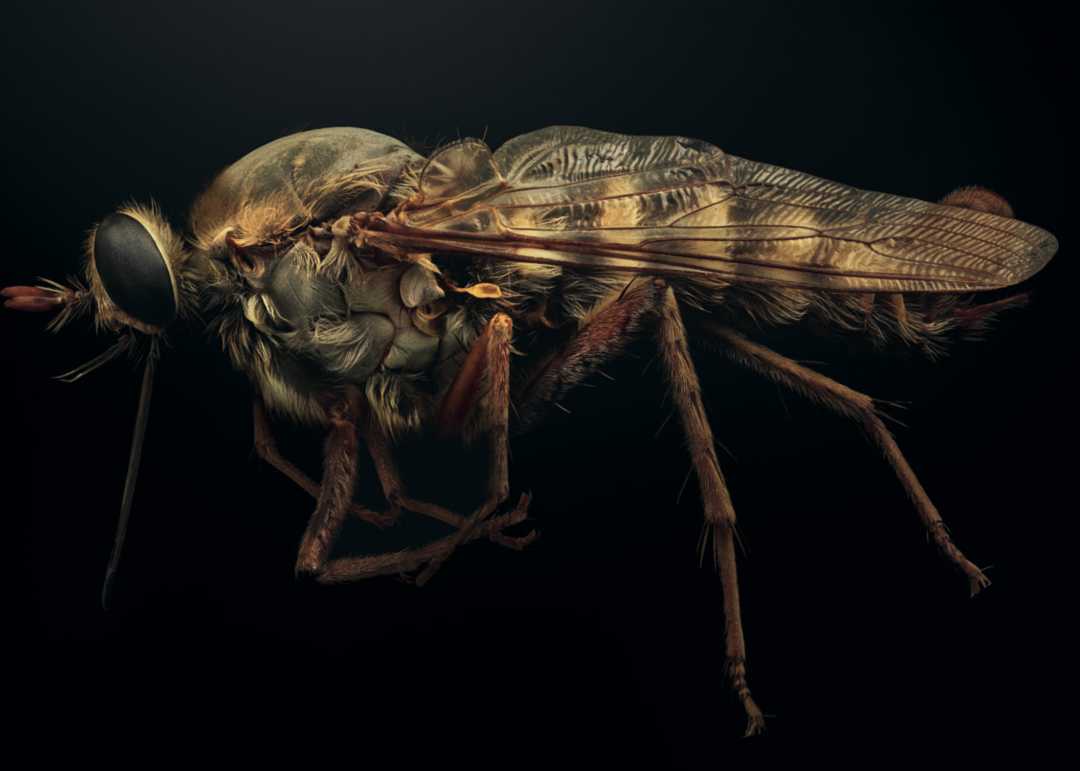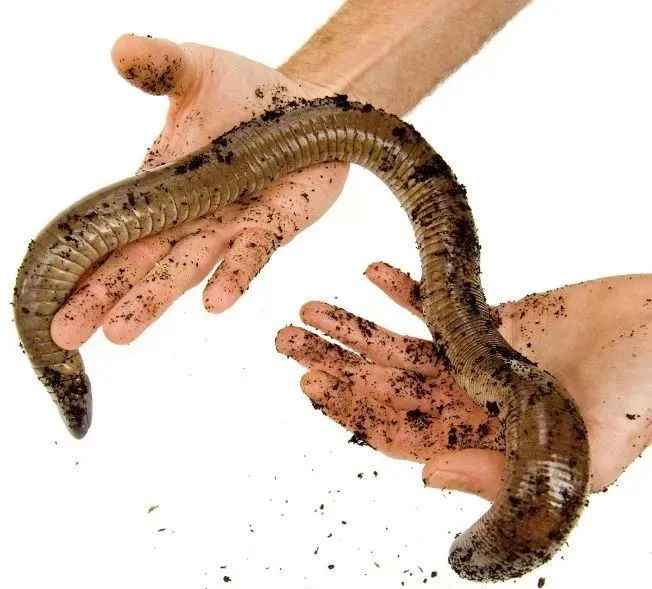A Tiny Marsupial with an Infectious Grin
The quokka’s most iconic feature is its facial structure, which naturally forms a smile-like expression—large, round eyes, a short snout, and upward-curved mouth muscles. Weighing just 2–5 kg, it has a stocky build, short tail, and thick, brown fur that insulates it from temperature extremes. As a marsupial, females carry young joeys in a pouch for up to six months. Nocturnal by nature, quokkas forage on grasses, leaves, and roots, using their sharp claws to dig and powerful hind legs to hop, much like their larger kangaroo relatives.
Conservation Challenges and Cultural Significance
Endemic to Rottnest Island and small mainland areas, quokkas face threats from habitat loss, predation by feral cats, and human interference. Listed as Vulnerable by the IUCN, their populations have declined due to urban development and climate change. However, their "smiling" faces have made them social media stars, with tourists flocking to Rottnest Island for selfies—a trend that has both boosted conservation awareness and posed risks from feeding or disturbance. Local regulations now protect quokkas, banning food handouts to preserve their natural behavior.
As a symbol of Australia’s unique biodiversity, the quokka embodies the country’s quirky wildlife. Its ability to survive in harsh coastal environments, combined with its endearing appearance, makes it a beloved ambassador for marsupial conservation. Though small in size, the quokka’s "smile" serves as a powerful reminder of the joy and wonder that endangered species can inspire, urging global action to protect its fragile habitat.
-------- END --------






